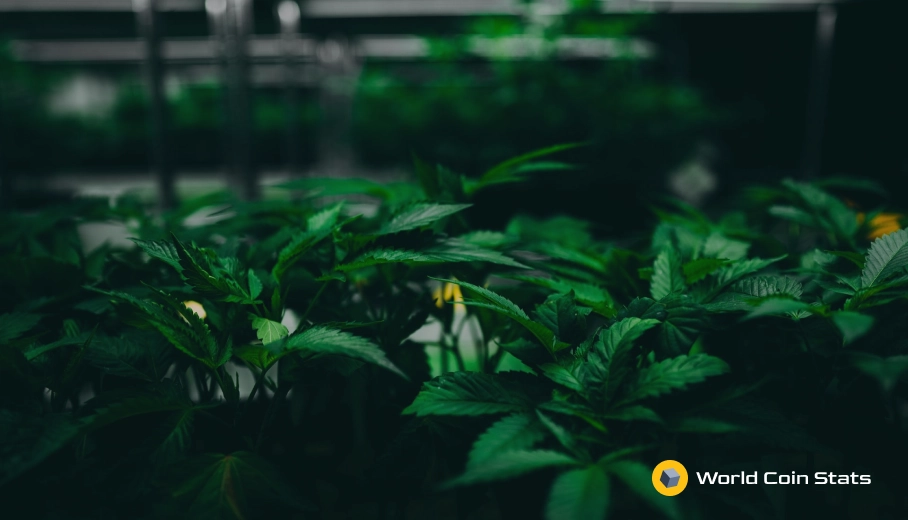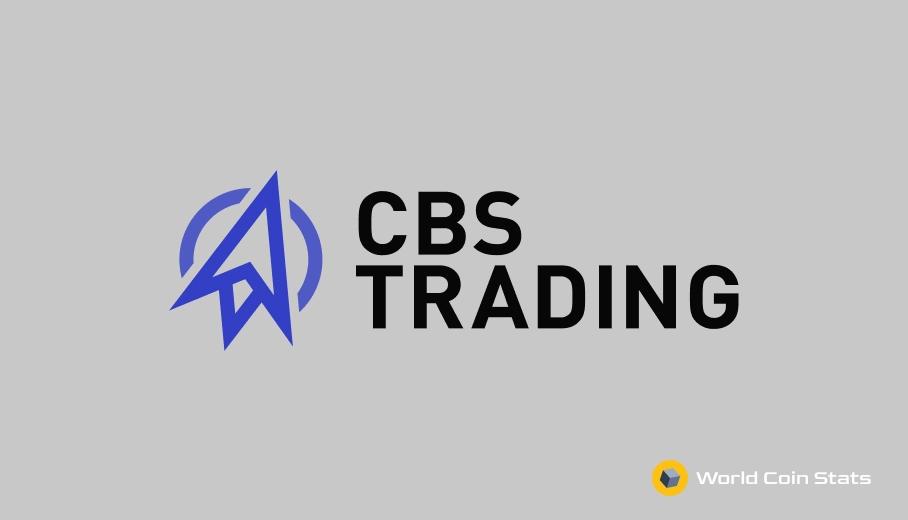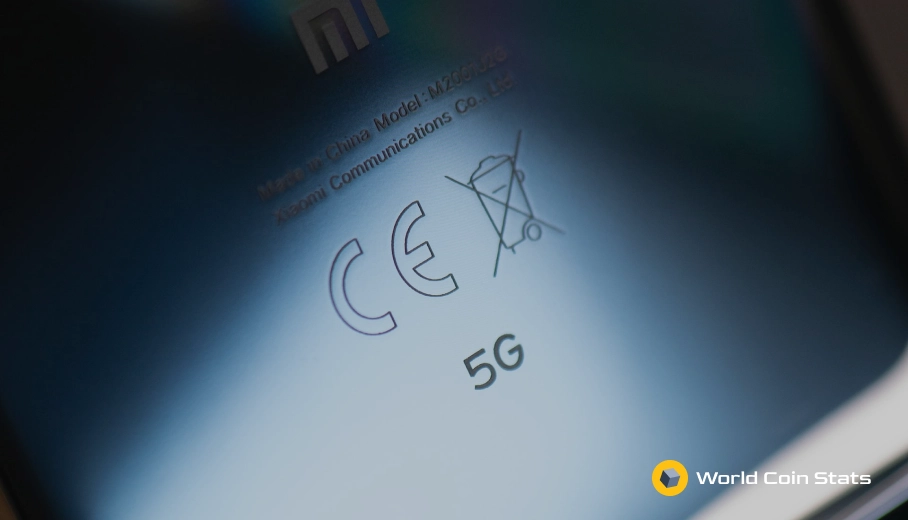How to Trade Futures
You can trade more than stocks or bonds. Futures contracts, for example, are the trade of an asset at a future date. You buy or sell a contract that states the asset and the price. The contracts trade on an exchange, with the buyer agreeing to buy said asset and the seller agreeing to sell it on that date.
Contents
The Specifics
Futures contracts contain specifics, including:
- The amount of the asset the buyer will purchase
- The price of the asset the buyer will pay
Buyers use futures to secure a specific price for an asset in the future, hedging against price increases. Sellers use futures to guarantee a particular price to sell the asset in the future, hedging against a price decrease.
Here’s the trick, though. Not everyone trades an asset. Trading futures typically involves just buying or selling the contracts making money off the price differences. As prices change, the value of futures goes up or down, which is where the thrill of the trade occurs.
Understanding Futures Terms
Since trading futures is a lot different from trading stocks, you should understand the various terms:
- Tick – The increments the futures contract prices move in. If a tick is $10, then the price moves in $10 increments.
- Contract size – The number or quantity of the asset the futures contract handles.
- Notational value – This is the value of the contract. It’s the contract size multiplied by the current price.
In a futures contract, you’ll have the following:
- How the asset’s units are measured
- The method of settlement (cash or exchange of the asset)
- The contract size
- The currency in which the asset is being bought and sold (they may be different)
Trading Futures
Trading futures is as simple as trading stocks. You open an account with a broker; make sure they trade futures as not all do. Since futures trading is riskier, brokers may ask more questions about your experience before providing you with an account.
Most brokers require a margin account to trade features. Margin is when you borrow money to leverage a more substantial investment, but futures contracts require a smaller upfront investment. You can usually run with a large futures contract with a small cash investment as compared to a stock investment of the same amount.
Futures markets settle every day. At the end of the business day, futures accounts pay. In other words, money exchanges hands or enters/leaves your account. If your futures contract is profitable today, you’ll receive the cash in your account. If your futures contract is not profitable today, the money will be taken from your futures account.
Investment Required
You’ll always need a minimum cash amount or maintenance margin to trade futures. But, they are riskier when you borrow on margin. While you can borrow more, you are also more prone to significant price swings. If a price moves for you, you’ll significantly increase your profits, but if it moves against you, your loss is amplified.
Futures contracts typically have much more flexible leverage requirements. Depending on the broker, you may get 10:1 or 20:1 leveraging. In a 10:1 leverage, your profits or losses are 10% greater than what you could earn (or lose) without the margin account.
Practice Trading Futures First
Since trading futures is so different, we recommend that you use a paper trading or virtual trading account first. Many brokers offer this option to help you understand what would happen without risking your own money yet. Play with the numbers, use realistic dollar amounts that compare to what you would invest, and see how you’d do.
Trading futures isn’t just for new investors either – even investors with years of experience take advantage of paper trading. They may try out new techniques or make sure they still have what it takes to trade futures.
Trading futures is a great way to diversify your portfolio, but make sure the rest of your portfolio is diversified. Don’t invest all your money in futures – only make it a small fraction of the portfolio. With conservative and aggressive investments in your portfolio, you’ll have a higher chance of coming out ahead, as long as you’re in it for the long run. As we all know, the market goes up and down. Sometimes it’s stocks that are losing, other times it’s futures or real estate. Diversify, stay alert, and you’ll have a better chance of having a successful portfolio.




